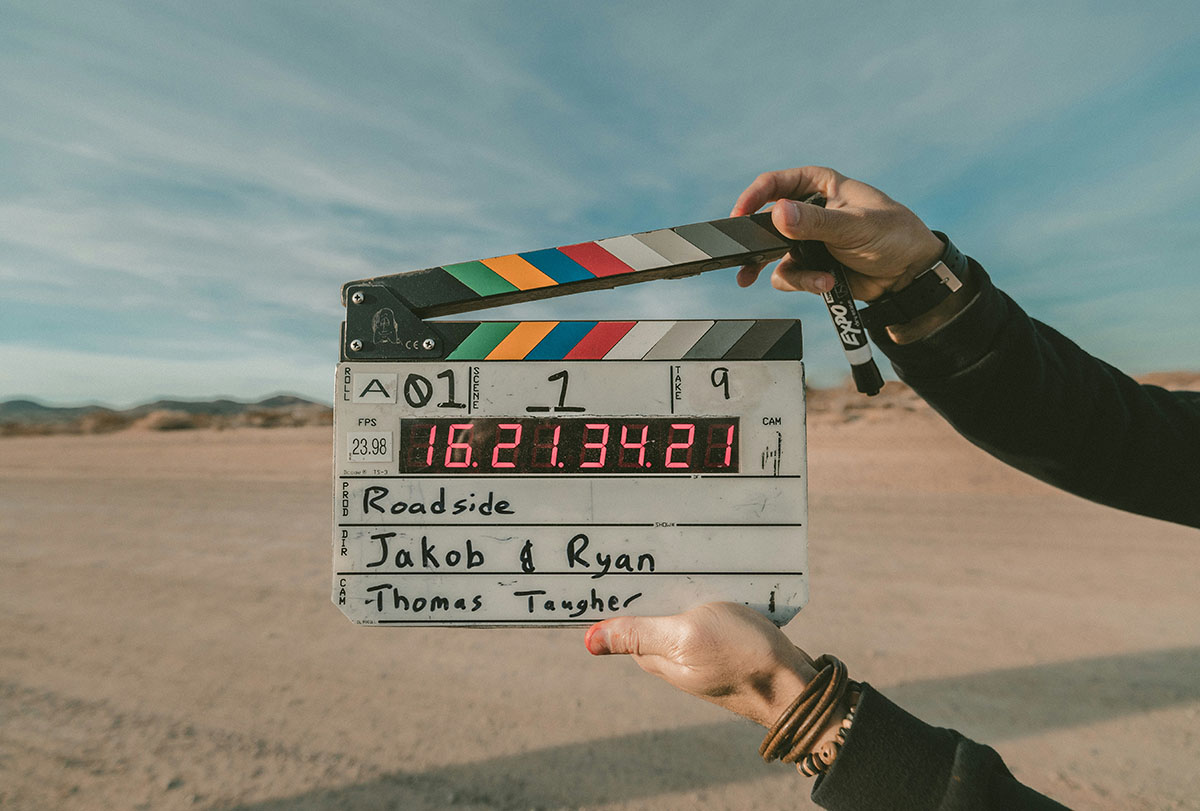Every couple of months AMC unveils another version of their infamous “Mob Week.” If I have a few hours to kill, I’ll grab a tumbler, pour myself a glass of scotch with two rocks (total mobster drink right?) and hunker down for some mafia inspired entertainment.
While scrolling through the guide to reach AMC, I know that I will inevitably find one of two movies. Which of those two movies happens to be playing that night completely determines my mood for the evening.
On one hand, I could be relieved and excited, and sink back into my leather recliner, retiring to a cloud of cigar smoke to enjoy three hours of pure cinematic genius.
On the other hand, I could be in for an evening full of frustration, and the numb, arthritis inducing, white knuckle grip on my lowball glass that comes along with it.
Time for the reveal. Movie number two is the beloved and critically acclaimed “Goodfellas.” Now it’s not that I necessarily hate “Goodfellas.” In fact, I think it’s a good movie, but some of the sweeping statements often made about the movie make me a little mad. And when comparisons start to be made to movie number one, I get flat out furious.
“The Godfather” deservedly stands atop of number of critics’ best movies lists. To this day, it stands the test of time remarkably well for 1972, and ultimately changed film. In my opinion, “The Godfather” bests “Goodfellas” on every virtually every level, but I’m only going to focus on a few glaring differences that prove my point.
First, who exactly decided that Joe Pesci is the quintessential mobster actor? From where I’m standing, I see an obnoxious loudmouth with terrible hair. Even his character in “Goodfellas” is a terrible gangster. Recall the scene when he shoots Spider the bartender while playing poker with the rest of his gangster buddies. Not even the hot-headed Sonny Corleone would do something so brainless. Wait, Pesci’s character does it twice? Oh, that’s right. It’s no wonder he gets whacked.
Now let’s examine the work of the versatile and worldly thespian Ray Liotta as the protagonist in “Goodfellas.” That’s right, the same actor known for his work in the Tim Allen comedy “Wild Hogs” leads the film in screentime. Although the fact that Liotta can’t act his way out of a paper bag may explain why Pesci garnered such praise for his role.
In contrast, “The Godfather” exhibits the impeccable performance of Academy Award winner Marlon Brando as Vito Corleone, the head of one of New York City’s five families of crime. Joining him are James Caan in his all-time best role as Sonny, Robert Duvall as consigliere Tom Hagen, the incredibly underrated John Cazale as Fredo and of course Al Pacino in his career defining role as the young Michael Corleone.
The character arc Pacino’s character undergoes, beginning as the bright eyed war hero desperate to rebel against the family business, and ending as the heartless, calculating and brilliant reincarnation of his father’s evil, is an example of not only great writing, but practically otherworldly acting.
Another aspect in which “The Godfather” is superior to “Goodfellas” is its style. As much respect as I have for Martin Scorsese, I didn’t like some of the choices he made on this film. I think the inclusion of voiceovers was lazy and boring. There are many ways to more effectively switch scenes and span gaps of time than with generic voiceovers. I don’t know if we was going for some kind of a noire approach, but it didn’t work.
Also, “Goodfellas” didn’t contain anything even close to the iconic soundtrack of “The Godfather.” Everyone knows the theme song. Many bands have covered it, and I may or may not find myself whistling it at numerous points throughout the day. At different times throughout the film, the song is lively, haunting, terrifying and beautiful. That’s no easy feat.
The bottom line is this: “The Godfather” tops best film lists for a reason. It’s one of the greatest movies of all time. “Goodfellas” is a fine film, but when people start saying it’s the better of the two, they’re just plain wrong. Watch them both and try to convince me differently.







